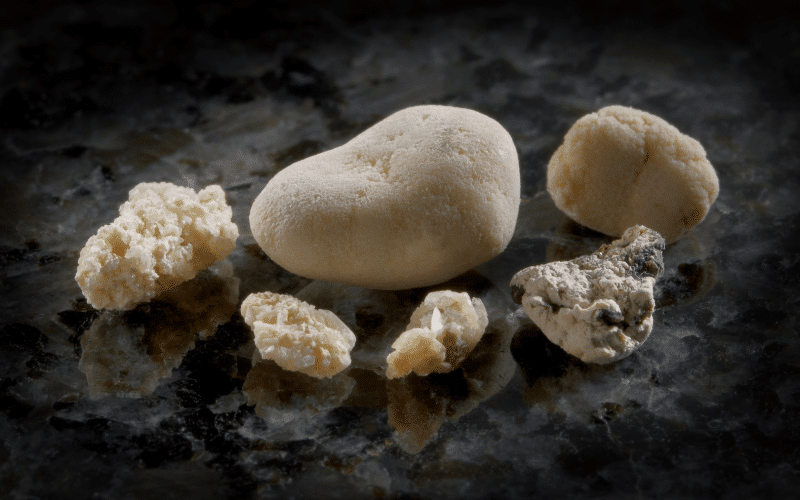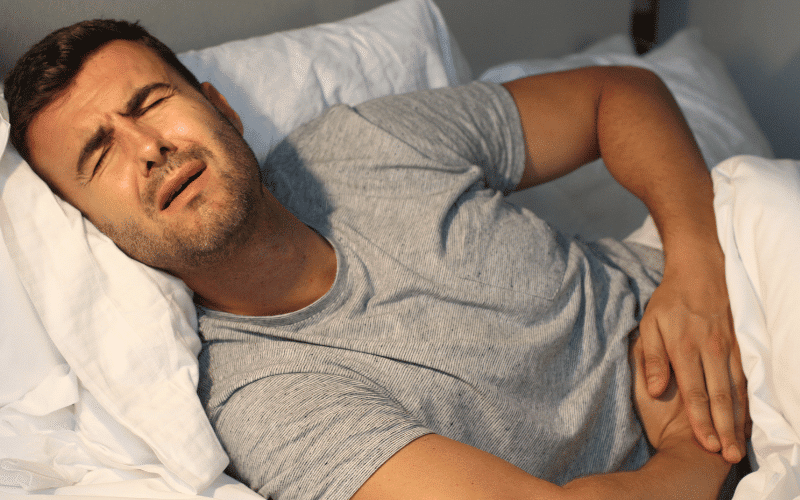Introduction: Recognizing the Early Signs of Kidney Stones

Kidney stones, although common, can cause severe discomfort and complications if left untreated. It’s essential to recognize the early warning signs to get timely and effective treatment. In this article, we delve into the top 10 signs of kidney stones in men, providing you with the knowledge to identify when it’s time to seek medical attention.
The formation of kidney stones is a prevalent issue affecting millions of people worldwide. Men are particularly susceptible to developing kidney stones due to various factors, including diet and lifestyle choices. Recognizing the early signs and symptoms can make a significant difference in the prognosis and management of this condition.
In the following sections, we will explore each sign in detail, helping you better understand how kidney stones manifest in men. By the end of this article, you’ll have a clearer picture of what to look out for and when to seek professional help.
Sign 1. Sudden and Severe Back or Abdominal Pain

One of the most common and recognizable symptoms of kidney stones is a sudden, intense pain in the back or abdomen. This pain may come in waves and can vary in intensity, making it difficult to ignore. The location of the pain can shift as the stone moves through the urinary tract, which further complicates matters.
The pain often begins in the lower back or side and can radiate to the lower abdomen or groin area. This type of pain, known as renal colic, can last for several minutes or even hours. It may be accompanied by nausea, vomiting, and profuse sweating.
Kidney stone pain can be triggered by certain activities or body positions. For instance, lying down, sitting, or changing positions may exacerbate the pain. The severity of the pain depends on the size of the stone and its location within the urinary tract.
It’s essential to pay attention to any sudden, severe pain in your back or abdomen, as it could indicate the presence of a kidney stone. If you experience this type of pain, you should consult a medical professional promptly.(1)